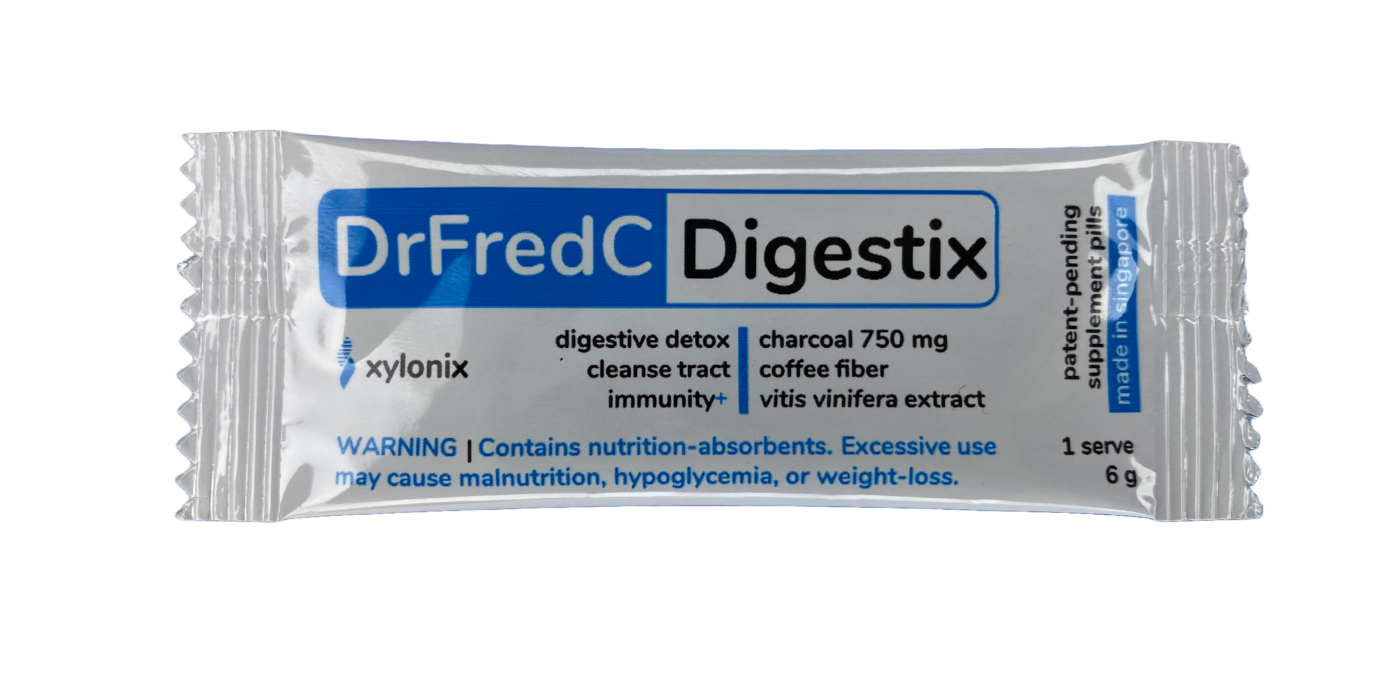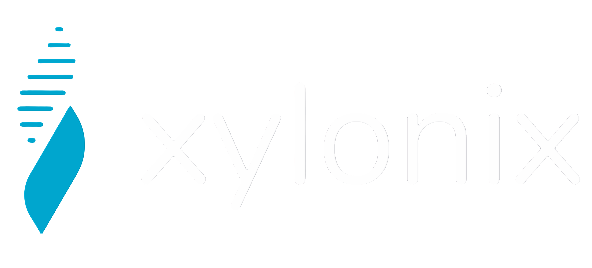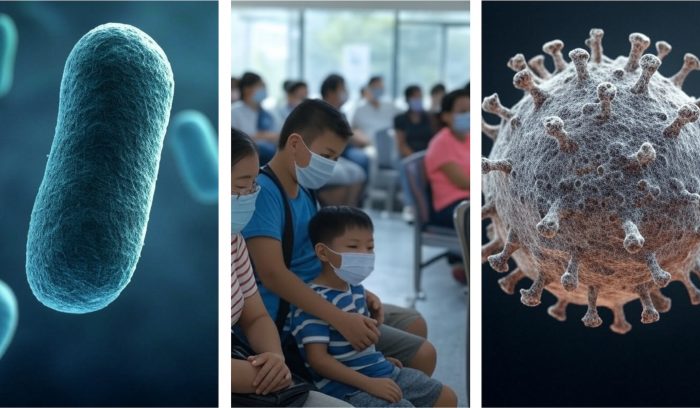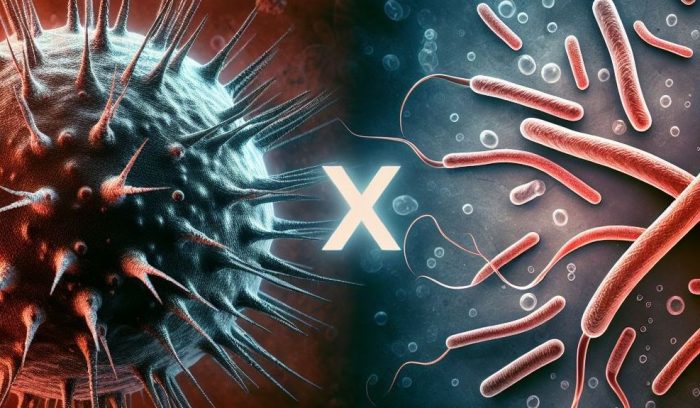> EXCESS DEATHS
> IMMUNE DISORDERS
> CRITICAL INFECTIOUS DISEASES
Our mission:
Stop & Prevent
>>> Trusted by over 100 Clinics and Hospitals
> KR: Pharmacies & Clinics
> US & AU: available online
Our Reach:
We focus on fighting COVID-endemic illnesses and cancers.
THE PANDEMIC BROKE OUR IMMUNITY
It is now undeniable - COVID19 broke our immunity with grim consequences.
- In the COVID19 endemic era, beginning 2023, we are witnessing 20% or higher excess deaths in teenagers and working adults under the age of 45, mainly from the unexpected rise in heart attacks and strokes in the young people (read).
- Renal, hematological, colon, and lung cancer risks in younger people were found escalated within 3 months of COVID19 infection, with the highest risk increase (115%) seen in women (read). 5-fold increased incidences of cancer hyperprogression in the first 2 months of COVID19 infection was also reported in clinical studies (read).
- Untreated and often untreatable autoimmune disorders, now dubbed as Long COVID, are keeping millions of people, from infants to the elderly, in sickness (read)(read).
- Infectious disease outbreaks are becoming more frequent and dangerous with increasing warnings of Disease X.
DYSFUNCTIONAL MACROPHAGE IMMUNITY IS AT THE ROOT OF THE CRISES.
Prevent it. Manage it. Cure it.
Since its inception, Xylonix has been dedicated to developing innovative drugs to address immunity issues caused by dysfunctional macrophages. Often referred to as the “Holy Grail” of cancer treatment, these reprogrammed macrophages make cancers immune evasive, highly metastatic, and resistant to treatment (read). This groundbreaking focus led to the creation of our oncology agent, C010DS-Zn (read).
During the early stages of the COVID-19 pandemic, our expertise in dysfunctional macrophages allowed us to quickly recognize the similarities between COVID-reprogrammed macrophages (read) and cancer-associated macrophages (read). This insight helped us understand the long-term health effects of COVID-19, such as myocarditis, diabetes, and MIS-C (read), and predict future consequences from the immune dysfunctions such as turbo-cancers and accelerated appearances of infectious disease outbreaks . Since then, we have been diligently working on the scientific and product frameworks to prevent, manage, and treat COVID-endemic health crises (read) (read).
- To prevent - Reduce the infection frequency of COVID19 and other infectious diseases.
- To manage - Reduce baseline systemic inflammation to reduce symptoms.
- To cure - Restore the broken macrophage immunity to fight the supercharged cancer and long COVID.
Reduce the infection frequency of COVID19 and other infectious diseases.
Risks of deaths and hospitalizations from all cause exponentially increase after repeat infections from COVID19 (read). We developed a PVD-Iodine-based antiseptic nasal spray suitable for frequent disinfection, to help curb the re-infection risks from a broad range of pathogens, like COVID19, and to help promote the idea of nasal hygiene. It is also useful for Rhinitis - nasal allergy demands. Available now.
Reduce baseline systemic inflammation.
Chronic systemic exposure to inflammatory antigens contribute to systemic inflammation and aggravation leading toward autoimmune disease pathologies through endotoxemia. We developed a product for efficient removal of fecal endotoxin sources, which is a major source of inflammatory antigens in many autoimmune diseases (read). The products are also intrinsically useful for digestive health market demands. Available now.
Restore the broken macrophage immunity to fight the supercharged cancer and long COVID.
With COVID19 becoming an endemic disease, the immune dysfunctions that drive the turbocharged cancers and long COVIDs can happen to anyone after repeat infections. While the virus cannot be stopped, we are working with collaborators at Duke-NUS to stop the cancers and long COVID by restoring the macrophage immunity that was broken by the reprogramming abilities of cancer and long COVID in the first place (read).



